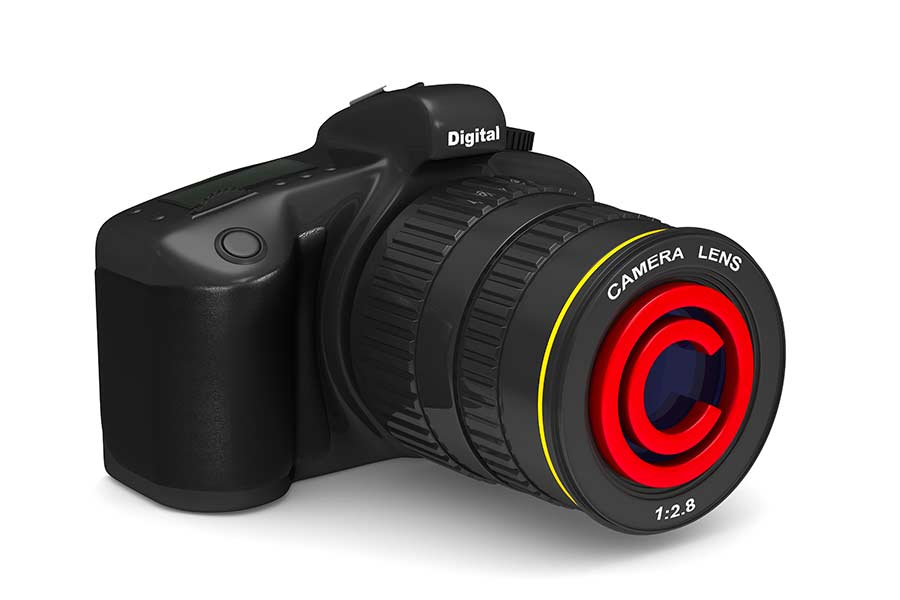Five Things Photographers Need to Know About Copyright Law
While copyright is the main protection photographers have for their work, there are some important specifics to keep in mind. Here are five of the most important things photographers need to know about their legal rights:
- Your photos are automatically protected by copyright the moment you take them.
- You have the exclusive right to reproduce, distribute, and display your own images.
- Registering your work with the U.S Copyright Office can provide additional opportunities for compensation.
- Copyright infringement can result in significant financial penalties for the infringer.
- Including information on your website about your fees is useful in proving the value of violations of your copyright.
Your photos are automatically protected by copyright the moment you take them.
Under copyright law, your copyright attaches the moment your work is created, set down into a tangible medium. Note that this does not require that your photograph be printed. A digital image in memory or a photograph on a negative would constitute a tangible medium.
Note that this is when your right starts. Copyright registration is not required for a copyright to attach. However, timely copyright registrations are highly advisable for several reasons, including proof of the existence of the work on a date, your claim to it, and the ability to pursue statutory damages in the event of an infringement. These damages can be far easier to secure than having to prove “actual damages” (often difficult to calculate).
You have the exclusive right to reproduce, distribute, and display your own images.
The copyright holder has the exclusive right to reproduce, distribute, and display their work. As the creator, you decide how your work can be used. A third party may not take your photo and put it on a t-shirt without your permission, or sell prints of your photograph without compensating you.
Registering your work with the U.S Copyright Office can provide additional opportunities for compensation.
Registering your work with the U.S Copyright Office can provide the ability to seek statutory damages. However, you need to file your copyright prior to the infringement or within 3 months of first publication in order to receive statutory damages.
If you have not filed your copyright registration in a timely manner, you must still do so in order to file a lawsuit. However, you will only be able to pursue “actual damages” – damages you can prove, such as profits they earned on your work, loss of revenue you suffered, and other damages. This can be challenging to prove, which is why timely copyright registration is so valuable.
Copyright infringement can result in significant financial penalties for the infringer.
Copyright infringement can result in damages for the infringer, including profits made from the infringing use and statutory damages. The infringer may also be responsible for paying your attorney fees.
In the event that you have not filed your copyright registration in a timely manner, can pursue actual damages. These are often hard to prove and while, in some situations, can be very significant, on many cases they are a lesser amount than you would be entitled to under the statute.
Including information on your website about your fees is useful in proving the value of violations of your copyright.
If you are trying to prove damages, one of the things you would want to show is what the license fee would be, had the infringer licensed the image from you. One of the best ways to do this is to have clear, readily available information on your website about licensing fees for your work.
This can make it easier to prove to the court the value of your work, helping the court to calculate appropriate damages. It also shows that you revealed your costs and the individual used it without permission, in avoidance of those costs.
Contact Sanders Law Group to Protect Your Rights Under Copyright Law
Call Sanders Law Group at 888-348-3090 for a free consultation to review your copyright case. Our attorneys represent photographers across the country and the world, and can help protect your rights.
Contact us today at 888-348-3090 and let’s discuss how we can help you secure the compensation you deserve.



